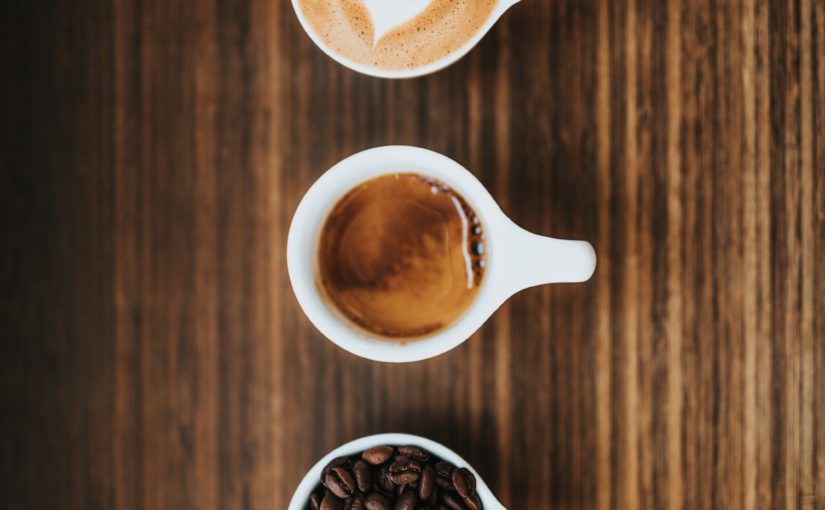by Jackie Edwards
Coffee drinking in the US is at its highest level for 6 years with 64% drinking coffee daily and 79% of those people preparing their daily cup of coffee at home. Scientifically speaking, the perfect cup of coffee has volatile oils and caffeine in abundance but with bitter organic acids kept to a minimum. Here’s how you can use science to influence the quality of your daily cup of coffee.
Beans And Roast
The perfect cup of coffee starts with the beans themselves. Arabica and Robusta are the 2 most popular beans in the coffee market. Robusta contains greater amounts of caffeine as well as chlorogenic acids which have antibacterial and anti-inflammatory properties as well as being linked to lower risk of type 2 diabetes and cardiovascular disease. On the other hand, Arabica contains larger amounts of Trigonelline, a bitter tasting alkaloid linked to battling cancer cells. As far as roasting is concerned, the strength of the roast produced by the different roast time affects the way the sugars and fats in the coffee degrade and how the sugar and amino acids react with each other affecting how it tastes. Lighter roasts have a cleaner taste and are more acidic with the darker roasts tasting less acidic with a stronger, heavier taste.
Coarseness Of The Bean Grind
The coarseness of the bean grind affects the speed that your coffee is made, which, in turn, affects the taste. The finer the grind the shorter the time needed to make your coffee due to the greater available surface area for extraction. A finer ground also leads to stronger, tastier coffee because more caffeine, oils and organic compounds will be present. Take care though, if the grind is too fine it may end up tasting too bitter.
All About Brewing
How you brew your coffee is as important as the quality of the raw materials themselves. The ideal brew ratio is a subject of much discussion amongst scientists. Too much water and the coffee tastes weak; too much and it is overly strong and unpalatable. There is also evidence to show that the calcium and magnesium ions found in hard water make a more flavorful cup of coffee than if clean distilled water is used. Scientists know that temperature affects solubility and compound extraction and the same applies when you make your cup of coffee. The hotter the water used to make your cup of coffee, the faster organic acids and caffeine are extracted. However, if your coffee boils, your coffee will be bitter and the aroma and flavor evaporate. A temperature of 195°F to 205°F is ideal according to the National Coffee Association.
How you brew your coffee is as important as the quality of the raw materials themselves. The ideal brew ratio is a subject of much discussion amongst scientists. Too much water and the coffee tastes weak; too much and it is overly strong and unpalatable. There is also evidence to show that the calcium and magnesium ions found in hard water make a more flavorful cup of coffee than if clean distilled water is used. Scientists know that temperature affects solubility and compound extraction and the same applies when you make your cup of coffee. The hotter the water used to make your cup of coffee, the faster organic acids and caffeine are extracted. However, if your coffee boils, your coffee will be bitter and the aroma and flavor evaporate. A temperature of 195°F to 205°F is ideal according to the National Coffee Association.
As in any science experiment, there are many variables to consider when making the perfect cup of coffee and everyone’s tastes differ. The type of beans, roast and grind influence the quality of your morning coffee along with the heat and amount of water used to make your cup of joe.
